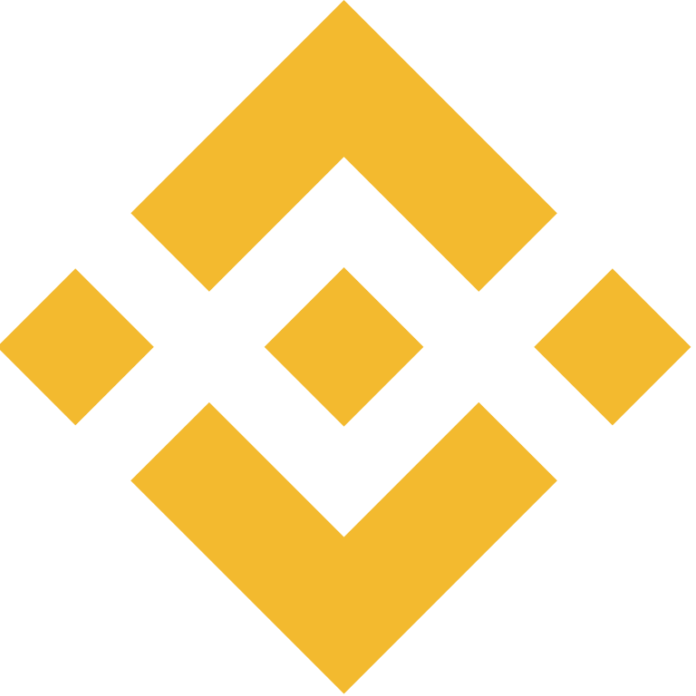Nigerian Binance Users Transact Business Using Fictitious Names – CBN Director
Mr Olubukola Akinwumi, a Deputy Director at the Central Bank of Nigeria (CBN), on Friday explained how Nigerians trading on Binance Holdings Limited’s platform use false names in the transactions.
The EFCC had filed a five-count charge against Binance and Gambaryan (1st and 2nd defendants) bordering on money laundering offences.
The anti-graft agency had accused Binance and Gambaryan of money laundering involving $35.4 million.
Besides, the company was under suspicion of alleged terrorism financing.
Led in evidence by EFCC’s lawyer, Ekele Iheanacho, on Friday, Akinwumi, who heads the Payment Policy and Regulation Division in the Payments System Management Department of CBN, said the apex bank did not issue any licence to the cryptocurrency firm to operate in Nigeria.
“In the course of carrying out our operations, we normally monitor development within the SEC (Securities and Exchange Commission); monitoring the activities of payment service providers and the usage of the payment system.
“We observed in doing that that Binance provides a trading platform where users trade virtual assets.
“And to consummate their transactions for settlement of payments, the users make use of the payment system for transferring or making payment to one another.
“These traders normally trade in pseudo names (pseudonyms) that hide their identities and they are not authorised by the CBN,” he said.
The PW-2 described virtual assets as a “digital representation of values created by a computer system which can be digitally traded, transferred or use in payments.”
He said they discovered that users of the platform received and made payments or transferred payments to one another using the payment system to consummate transactions on the Binance peer-to-peer (P2P) platform.
“Binance Platform provides a trading place or marketplace for traders and users of virtual assets, otherwise known as cryptocurrency.
“The platform also provides other services like electronic wallet, fiat wallet, publishing of exchange rate, etc,” he told the court.
Asked where the activities of Binance are carried out, Akinwumi said its “activities are conducted on its website; binance.com and through its mobile apps (applications).
“They have two variations of Binance Apps; Binance Pro or Binnace Lite.”
Asked what P2P means, the witness said: “P2P means Peer to Peer, and for basic translation, it can also mean person to person.
“What that means is that if a particular user does not want to trade with the platform but rather will like to trade with another user, P2P is a service that brings such two users as described to engage each other in transacting to buy or sell virtual asset, cryptocurrency and fiat directly between the two users.
“This is done by quoting rates with offers to sell or buy at the quoted rate.
“The P2P Platform of Binance provides such service to such two users to agree on such trade.
“Once such understanding for the trade is reached by the two users on Binance platform, the selling party will provide a bank account to which the buying party can send the naira amount or transfer into the account provided by the selling party.
“Once the buying party transferred the amount agreed, he clicks on a particular icon on Binance platform to communicate the fiat that he has transferred the amount to the selling party.
“The Binance platform will, on the side of the selling party, awaits confirmation based on which it will release the cryptocurrency or fiat currency traded on the platform.
“So the Binance platform facilitates all the processes or P2P transaction as I have just enumerated, either using Nigerian bank account already stored by users on Binance platform and or the naira wallet account , provided by Binance platform.”
Submission of certified true copies of documents made available to SEC by Binance which was equally made available to the investigating team at the office of the National Security Adviser, and pages generated on the firm’s website were tendered in evidence and marked as Exhibits 8 and 9 by the judge.
Taking the witness through Exhibit 8 and 9, Iheanacho asked him to tell the court more about the nature of the transactions.
Akinwumi said Page 2 of Exhibit 8 introduced Binance as the world’s leading crypto exchange with users from over 190 countries.
“They have on the page, the address of the website in full which is Https://www.binance.com.
“Binance has what is called Binance Academy. That is on page 16 of Exhibit 8.
“Some of the videos will be on their YouTube platform which they use in educating those who are interested in the services that they provide,” he said.
The PW-2 said the firm equally has Binance coins and that on its website, it gives the description of the coin as “NGN” (Naira).
“On page 21 of Exhibit 8, it listed the ways to use Binance coin,” he added.
Akinwumi said on Page 9 of Exhibit 9, there is an information which reads: “Depositing and withdrawing NGN (Naira) on Binance via cash link; it is swift and simple.”
The witness, however, explained that depositing and withdrawing Naira which “NGN” stands for, is a regulated activity carried out by banks and other financial institutions duly registered by CBN.
He said another information on Exhibit 9 reads: “To help Binance users in Nigeria understand this Fiat Gateway, Binance has been holding various events such as the Binance Cash Link, Live Master Class to educate users on cash link and why it is an excellent method of deposit and withdrawal on the Binance platform.”





